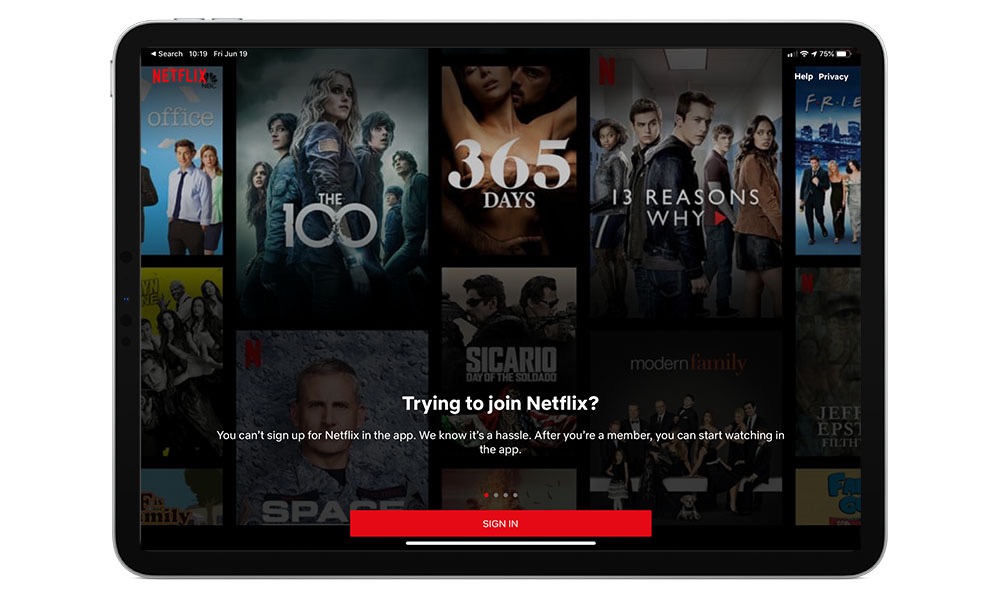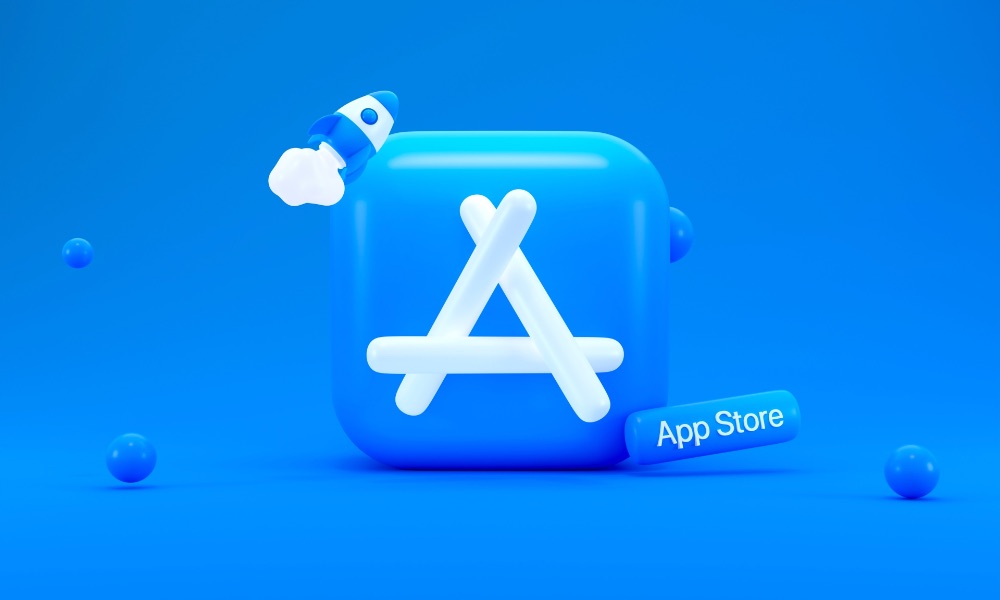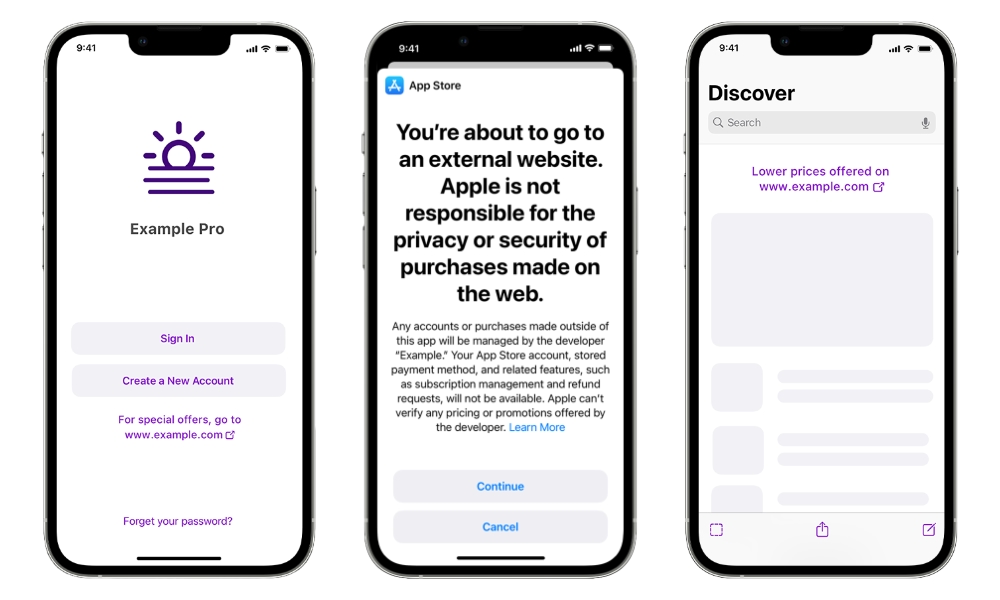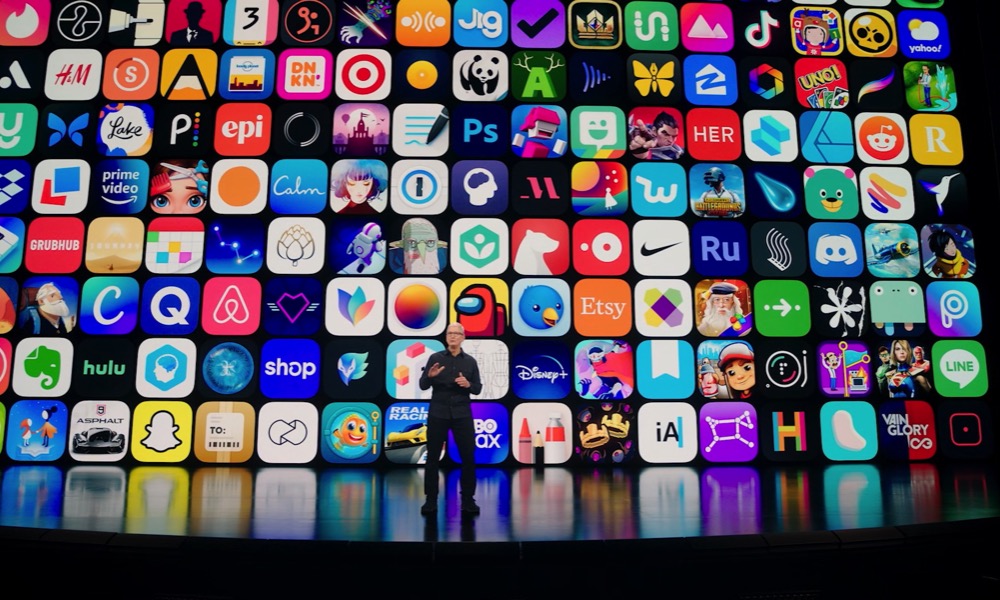Sideloading Is Coming, But Apple Isn’t Giving Up Control (or Money)

Toggle Dark Mode
After years of fighting to protect the supremacy of the App Store as the only way to download apps onto an iPhone, Apple is now being forced to open up its walled garden to allow developers to distribute their apps — and collect payments — through other means.
It’s a battle that Apple has been fighting on multiple fronts. Earlier this month, the US Supreme Court declined to hear appeals in the three-and-a-half-year-old “epic” lawsuit between Apple and Fortnite developer Epic Games, solidifying the August 2023 decision by the Ninth Circuit Court of Appeals as the final word on the matter.
While Epic lost on nine of the ten counts, the original 2021 ruling upheld by the appellate court effectively forces Apple to allow developers to use third-party payment processors, blocking what’s known as Apple’s “anti-steering” provision. This longstanding and controversial Apple rule forbade developers from even telling customers that there was a way to sign up for services outside of the App Store. That ruling was supposed to take effect in late 2021 but was stayed pending Apple’s appeals.
While all that was brewing, regulators in other countries, such as Japan and South Korea, passed similar legislation against the anti-steering provisions, forcing Apple to allow developers like Netflix and Spotify to provide links to sign up for subscriptions outside of the App Store, whether they choose to use Apple’s in-app payment system or not.
However, those are small potatoes compared to what’s been happening in the European Union (EU), where the Digital Markets Act is about to risk blowing up Apple’s entire App Store ecosystem. In the next few weeks, EU law will require Apple to allow ”sideloading” — a term that refers to the ability to load mobile apps from sources other than official app stores.
While Epic Games didn’t prevail in its arguments before the US courts, this was the crux of its lawsuit, which was only launched after Epic CEO Tim Sweeney failed to make a special deal with Apple to set up its own app store.
Despite this, it looks like Epic Games and other opponents of Apple’s so-called “monopolistic” App Store practices will be getting what they want, at least in the EU. Still, the winds of change are blowing in a similar direction in other countries; Japan is considering its own sideloading policy, and US lawmakers have been dancing around the issue for a while now.
What This All Means
There’s little question that Apple will be forced to open up the App Store in the next few weeks. Several reports suggest it’s been planning for this eventuality for a while, and it’s ultimately just a matter of throwing a hidden switch in iOS to enable it.
However, those who have been hoping for an egalitarian free-for-all for iPhone app distribution will likely be disappointed, as Apple seemingly has no plans to give up any more control of the process than it has to by law.
Apple has yet to formally announce its policies on the matter, but a new report by The Wall Street Journal (Apple News+) offers a hint of what the company’s approach will be in this new world order:
Apple’s approach to the EU law will help ensure the company maintains close oversight of apps downloaded outside the App Store, a process known as sideloading. The company will give itself the ability to review each app downloaded outside of its App Store. Apple also plans to collect fees from developers that offer downloads outside of the App Store, said people familiar with the company’s plans. The company hasn’t yet announced its plans and they could change.
The Wall Street Journal
Apple’s plan to continue collecting its commissions on app distribution shouldn’t come as a huge surprise, considering that’s precisely how it’s responded to the US court decision requiring it to allow third-party developers to link out to external purchasing systems.
Specifically, Apple will require developers who want to direct users to their own purchasing systems instead of the App Store to pay a 27% commission. That’s only slightly less than the 30% cut Apple takes from App Store payments and likely reflects the 3% overhead typically involved with processing credit card transactions.
Apple is charging a commission on digital purchases initiated within seven days from link out, as described below. This will not capture all transactions that Apple has facilitated through the App Store, but is a reasonable means to account for the substantial value Apple provides developers, including in facilitating linked transactions.
Apple
Developers who opt for this will need to “provide transaction reports within 15 calendar days following the end of each calendar month” to Apple so that it can ensure that it’s getting the necessary commissions.
To say that developers aren’t impressed with this latest move would be an understatement. Even Apple enthusiast and blogger John Gruber called it out as a “move [that] reeks of greed and avarice,” expressing bewilderment that Apple would be willing to take such a hit to its brand and reputation at a time when it’s already in the crosshairs of government regulators and legislators.
Whatever revenue Apple would lose to non-commissioned web sales (for non-games) is not worth the hit they are taking to the company’s brand and reputation?—?this move reeks of greed and avarice?—?nor the increased ire and scrutiny of regulators and legislators on the “anti-Big-Tech” hunt.
John Gruber, Daring Fireball
However, let’s not forget that Apple did something similar two years ago in the Netherlands when it was forced to let dating apps use their own payment systems outside of the App Store. So, there’s little doubt it’s going to apply the same logic to sideloading in the EU.
But that’s not all. It seems Apple isn’t about to give up control over what goes onto the iPhone, either. In what it will undoubtedly spin as an effort to protect its users from viruses and malware, Apple also plans to force developers to go through the same review process before an app can be sideloaded onto an iPhone.
In other words, while you may be able to install an app from a third-party app marketplace or even directly from a website, you’ll only be able to do so if that app has been “blessed” by Apple’s App Store Review team.
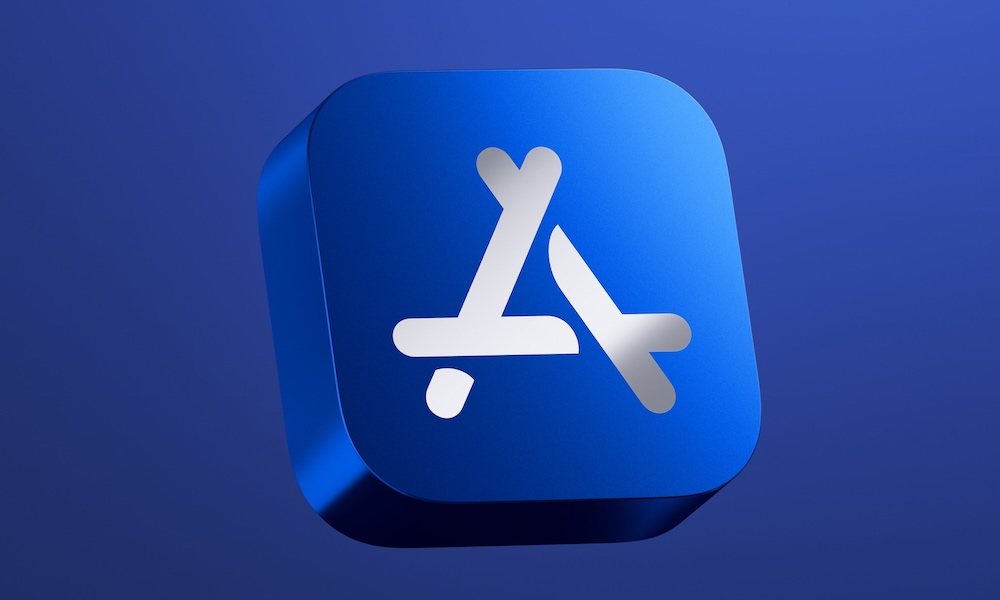
Technologically, this isn’t all that difficult for Apple to enforce. Since it controls the operating system, it can easily control what goes on it. The iPhone already requires apps to be “signed” with an Apple certificate before they can be installed, and even Enterprise Developers have to abide by those rules, although they can generate their own signatures based on a certificate issued by Apple.
Nobody ever seriously expected that Apple would take that signing requirement away as it’s an important security feature. The only question was who would control the signing process.
On the Mac, registered developers can sign apps using Xcode without any involvement by Apple other than issuing a certificate to paid developers. The Mac can also still run unsigned apps, but that’s a legacy holdover, and newer versions of macOS have made it more difficult for users to bypass this requirement.
The iPhone (and iPad) cannot run unsigned apps — and will likely never be able to. However, most developers assumed that sideloading would work similarly to Mac signing — or Enterprise iOS Development — whereby developers would be given a certificate to sign their own apps and then distribute them however they please.
However, if Apple plans to enforce a review process for third-party apps that aren’t distributed through the App Store, it’s a safe bet that Apple will still be the only one signing apps to authorize them to run on iOS devices.
It remains to be seen how much control Apple plans to exert in this review process — whether the full App Store Review Guidelines will apply or if Apple simply wants to scan apps to ensure they’re free of malware or other dangers.
It’s also unclear if Apple’s plans will pass muster with EU regulators and other lawmakers. Epic Games CEO Tim Sweeney has already pledged to take Apple to court over its 27% commission in the US. As a European company, Spotify will undoubtedly take Apple to task in the EU, where regulators can apply fines and investigate non-compliance.
It may not even come to that, though. According to the WSJ, Apple still has to submit a “final package” to the EU’s executive body to describe its plans and possibly even test them with market participants. Once it does that, the European Commission will “review the full package to look at whether it will make the market more open and contestable, and whether the company’s plans meet all the individual provisions of the law.”
While the act requires the App Store (and other app stores) to “have conditions that are fair, reasonable and nondiscriminatory,” not everything is clearly laid out, leaving a lot of room for interpretation. Apple is testing the waters here to give up as little control — and as little of a slice of its multibillion-dollar App Store commissions — as it possibly can.

